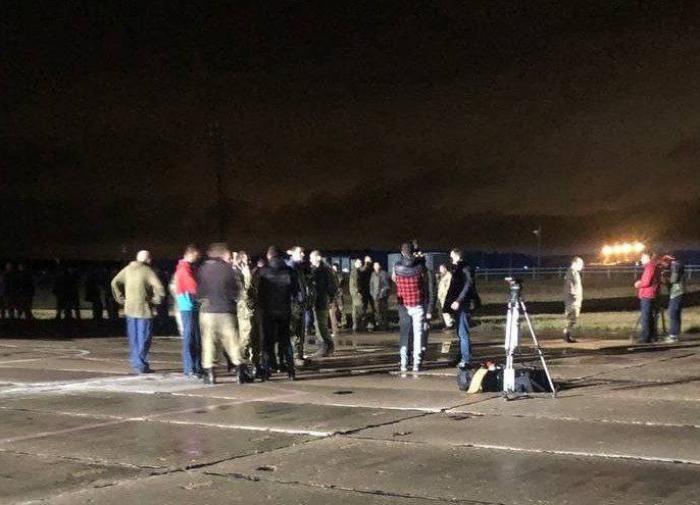Russia-Ukraine unexpected POW exchange: What does it mean?
Kyiv handed over Ukrainian oppositionist Viktor Medvedchuk to Russia as part of a prisoner exchange operation, the Kommersant newspaper reports. Ukrainian President Volodymyr Zelensky later confirmed the information.

In Ukraine, Medvedchuk was accused of treason, violating war laws and customs, aiding terrorism, and misappropriating mineral deposits in Crimea.
Medvedchuk was placed under house arrest in May 2021. In March 2022, he was arrested in absentia for escaping from house arrest after the start of the special military operation, as the Kyiv authorities said. In April, Medvedchuk was detained and re-arrested without bail.
Earlier it became known that Russia released several foreign mercenaries who had been sentenced to death in the Donetsk People's Republic (DPR). Britons Saun Pinner and Aiden Aslin, as well as Moroccan citizen Saadoun Brahim are among them.
A statement from the Russian Defence Ministry:
"Tonight, 55 military personnel of the Armed Forces of the Russian Federation, Donetsk and Luhansk republics were released from the Kyiv-controlled territory of Ukraine. <…>
All the released servicemen have been given an opportunity to contact their relatives. They receive the necessary psychological and medical assistance.”
The Ukrainian side previously announced the release of 215 of its military men, including 108 fighters of the Azov* regiment (recognized in Russia as a terrorist organization).
As part of the exchange, in particular, Kyiv delivered "Putin's godfather" Medvedchuk to Moscow, and Russia released Azov regiment commanders Radis and Kalina, as well as the commander of the 36th Marine Brigade of the Armed Forces of Ukraine Volyn.
Experts believe that the exchange of servicemen and commanders of the Azov* regiment for Medvedchuk and Russian prisoners of war, carried out under the guarantees of Turkey and the UN, are as a sign of de-escalation of the military conflict. The exchange of Azov* and foreign mercenaries took place the day when Putin announced partial call-up. This suggests that this was an instantaneous decision.
The exchange of prisoners of war is not just a part of the deal. It comes as a confirmation of the fulfillment of one's obligations. This is an important element for upcoming political negotiations and de-escalation of tensions.
*terrorist group, banned in Russia
Subscribe to Pravda.Ru Telegram channel, Facebook, RSS!


